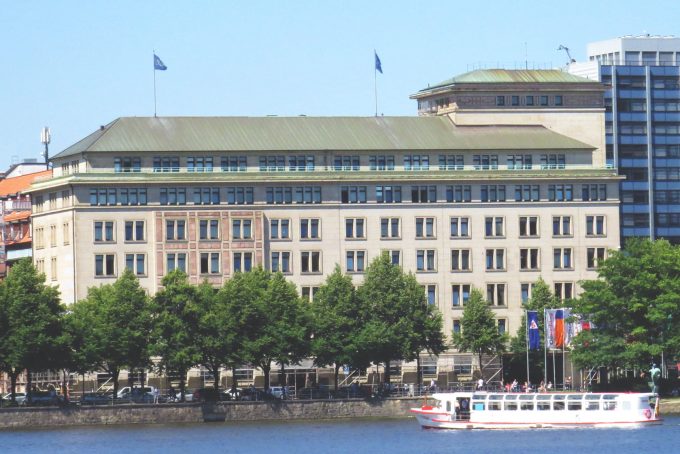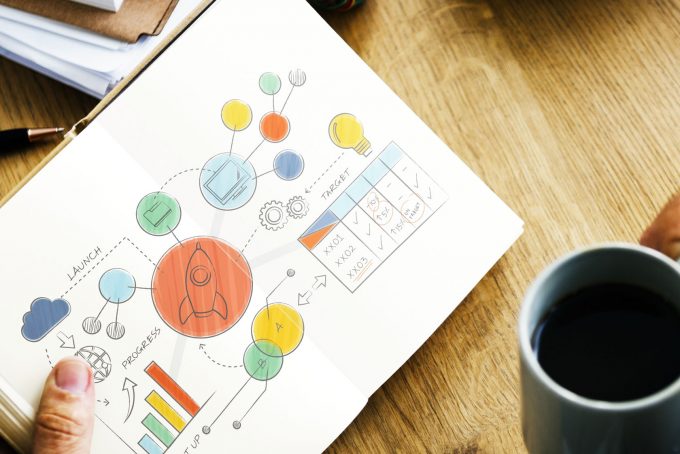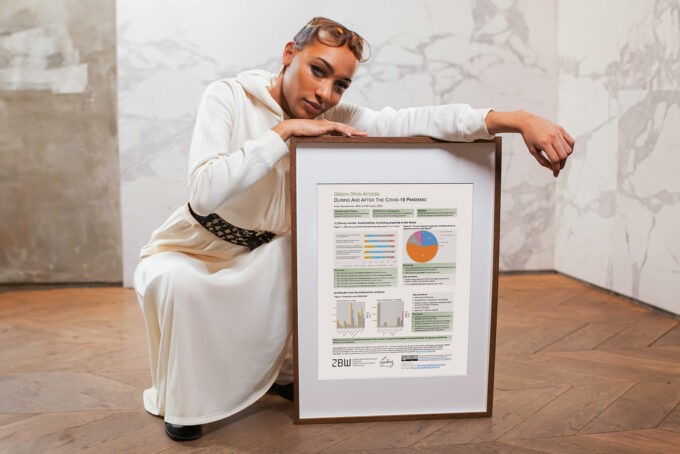
Perspectives on Open Science and Inequity: Who is Left Behind?
Due to precautionary measures in regard to the coronavirus, the second day of this year’s Open Science Conference got canceled. Luckily, the panellists Johanna Havemann, Anne-Floor Scholvinck, Daniel Spichtinger and August Wierling agreed to submit their opening statements as a blog post for ZBW MediaTalk.
by Johanna Havemann, Anne-Floor Scholvinck, Daniel Spichtinger, August Wierling and Tony Ross-Hellauer
Equity is a key aim of Open Science, but could Open Science policies actually worsen existing inequalities? Open Science needs resources (funding, time, knowledge, skills), and the traditionally advantaged groups usually have more of them. Will their privilege mean that they are the ones who benefit most? ON-MERRIT is a new EC-funded research project led by Know-Center to investigate these issues across research, industry and policy-making.
ON-MERRIT had been due to convene a 90-minute panel on this subject to close the Open Science Conference 2020. The discussion was intended to be a wide-ranging examination from multiple viewpoints of the possible negative impacts of Open Science practices in academia, industry, and policy-making. Panellists were to be asked to share their experiences with participatory processes and to reflect on possible barriers to and incentives for participation, including their own experiences in facilitating research uptake.
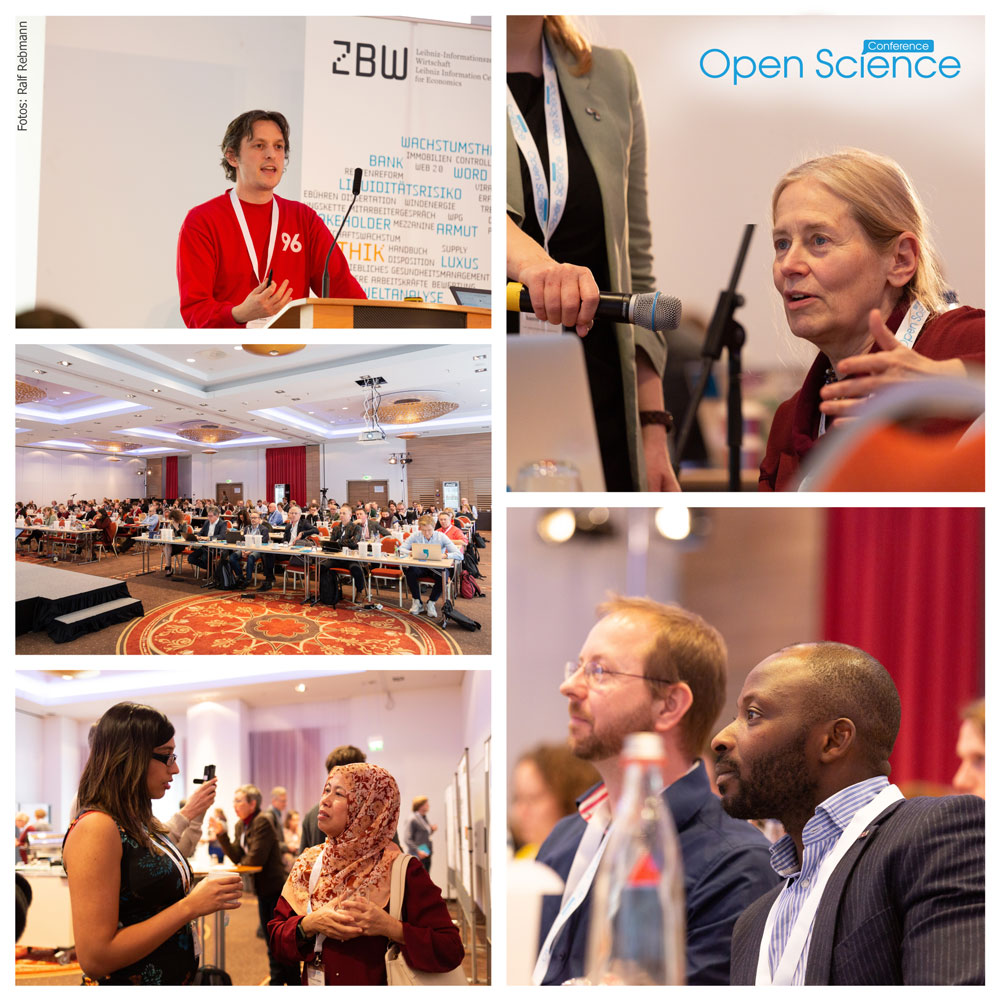
Unfortunately the panel, and indeed the second day of the conference, had to be cancelled at the very last minute due to the effective coronavirus lock-down. Our panellists had prepared opening statements on an area where they felt effects of cumulative advantage could be particularly dangerous in the transition to Open Science. Four of those panellists have agreed to share those thoughts with us here.
Dr Johanna Havemann (Access 2 Perspectives & AfricArXiv, Germany)
How the crossing of language barriers and embracing digital tools for science will enable more contributions from Asia, Latin America, and Africa to the mostly anglophone scientific discourse
Most “global” discussions around Open Science are being held amongst stakeholders in Europe and North America – with only a few institutions and individuals contributing from Asia, Latin-America, and Africa. One way to make the debate more inclusive might be through active inclusion for participation of stakeholders from various parts of the world and at the same time building upon existing initiatives and technical solutions for language diversity in science and research.
The African preprint repository platform AfricArXiv was designed from the start to accept submissions not only in French, English, and Arabic, but also in traditional African languages. Especially for ecological studies but also many subjects in humanities can only be accurately described in local languages, because the English language cannot cover some of the locally relevant concepts, terms, or cultural aspects.
Another reason for this approach was that as much as English is the widely accepted Lingua Franca these days, having to translate regional relevant work into English as a non-native speaker poses unnecessary challenges to the authors – and also triggers biases in the traditional peer review system; where papers get rejected due to grammatical mistakes while the research is thoroughly described.
Digital tools that are continuously being developed to provide for a digital infrastructure for Open Science and transparent scholarly communication (cf. Kramer & Boseman) can help in further democratizing research discoverability if those also recognize cultural-, discipline-, and language-specific diversity across the globe and are designed and built in a way to become fully interoperable across platforms, world regions and service providers.
With the onset of the coronavirus crisis early March and once it became clear that Africa will also be heavily affected, we have launched a campaign on mobilizing Open Science practices, bringing stakeholders together as well as providing information and data sets relevant to the African regional context freely available; see the COVID-19 info portal at AfricArXiv and recent uploads to our Zenodo collection.
It has often been mentioned that the coronavirus pandemic is proof of concept for the urgent liberation of research results from paywalls. We – that is the scholarly community with all stakeholders included – need to ensure that after the turmoil has settled again we will not have to start from scratch again, but instead keep building an Open Science infrastructure that works for researchers and societies all around the planet.
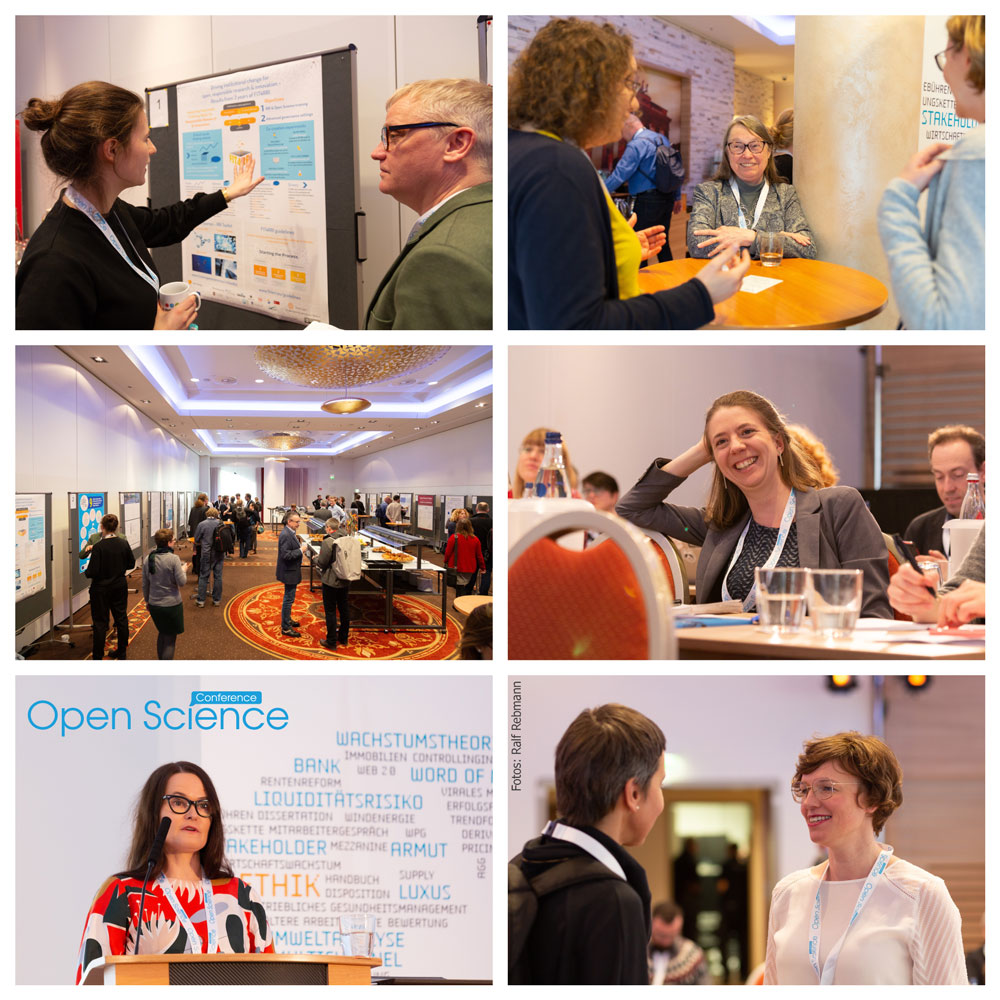
Dr Anne-Floor Scholvinck (Rathenau Instituut, Netherlands)
Insights from practices which open up science to society
Currently, Open Science is often understood in terms of Open Access publishing and FAIR data sharing, with many policies and initiatives focusing on these aspects of Open Science. At the Rathenau Instituut, we agree that these changes are vital to facilitate interdisciplinary collaboration and thereby make science more efficient and effective. However, we argue that this interpretation of Open Sciences too narrow.
The democratic ideals of the Open Science movement propose even more fundamental changes to the way science is organized and performed, and how the position of science in relation to society is considered. Openness in Open Science also means opening up science to society – it means actively engaging the public both during the research process and in disseminating/implementing its outcomes. The democratic ideal of Open Science argues for equal two-way communication with the public: one should not solely focus on the question of how to foster the uptake of science in society, but also on how to foster the uptake of societal insights in science. Hence, public engagement needs to be an integral part of the Open Science agenda.
Whether and how such public engagement takes place, is dependent on both the research field of interest as well as its surrounding (policy)domain. For example, in psychiatry the public (patients) is prompted to get involved in agenda-setting, since the research questions addressed in psychiatric research insufficiently matched the public’s needs. In water quality research, certain research questions can be answered by large scale data collection, which calls for Citizen Science initiatives. In educational research, however, the surrounding (policy) domain is little organized, complicating the involvement of teachers in educational research. These examples prove that public engagement is not monolithic across different disciplines, and that stimulating the engagement of non-academic actors is both an academic and a societal challenge. This complicates the formulation of generic policy measures to foster Open Science.
Furthermore, I observe a growing divide between those publics who are engaged with research, and those who are not – which is essentially the academic Matthew effect. For example, engagement with educational research is generally considered to improve teachers’ professional development and their career perspectives. However, teachers with high workload at low-performing schools have little opportunity to become involved in research. Their (research) concerns are thus not heard, nor do they improve their career perspectives. This skews the research attention towards the concerns of the frontrunners, who thereby again improve their privileged position. Similar mechanisms may be at play in other fields as well. Therefore, in the context of concerns regarding a growing socio-economic divide in Dutch society, structures are needed to involve all relevant publics rather than only those who are in a good position to be heard.
Daniel Spichtinger (Ludwig-Boltzmann Gesellschaft, Austria)
Open Access that works for all needs to be clear on the what but flexible on the how
I wish to focus on Open Access to scientific publications and the relevant policy making processes. In particular, some criticism of the Plan S initiative for immediate Open Access has focused on perceived disadvantages for the global South. And indeed, such disadvantages would emerge if we hold the position that there is a “one size fits all solution” that is appropriate for everyone. Imposing gold and hybrid Open Access on all countries would not even work within the European Union and even less for the global South. Rather, it could lead to a situation where the barrier to access knowledge is replaced by a barrier to publish knowledge, due to the inability of poorer countries to fund article processing charges.
But this is not the only option: many countries in the global South are comfortable with and proud of Open Access solutions they have developed, for example Scielo in Central and South America, to name just one out of many. We need to acknowledge that such solutions are equally valid ‘routes’ towards Open Access. In order to achieve Open Access that works for all we need clear and ambitious goals which are globally aligned: such as achieving immediate open access in a certain timespan (for plan S this is 2021 but in other regions it might take longer).
At the same time we should be flexible about how such a commonly aligned goal will be achieved (as long as solutions are legal): through Open Access publishing, including ‘diamond or platinum Open Access’ and journal flipping, SCOAP 3 related models, platforms, repositories, the Open Access button, Unpaywall and many others. In other words: in order to turn equitable Open Access into reality we need to let 1000 locally appropriate Open Access flowers bloom, all of which, however, should be aligned to a commonly agreed goal.
Dr August Wierling (Western Norway University of Applied Sciences, Norway)
What Open Science should focus on to support a low carbon energy transition in Africa
I am an energy scientist and as such would like to answer the question of ‘who is left behind’ from my own scientific background and using the example of Africa. Africa is a very dynamic continent. By 2030, Africa will surpass China and India as the most populous region with a strong trend of urbanization. According to a recent study by the International Energy Agency, Africa’s GDP as well as electricity consumption will be two to four times higher in 2040 compared to today. At the same time, more than 500 Million people will still have no access to electricity in 2030. Being based predominantly on fossil fuels, the transition to a low carbon energy system will also be decided in Africa.
Science and in particular Open Science can play an important role in mastering these challenges and there are examples in energy science of successful knowledge transfer. An example is the software OSeMOSYS, which is an open source modelling system for energy planning. This application strives to keep data and software standardized, offers training in the African context, and allows for non-commercial solver software, which is rather unusual for a typical energy modelling software. But there are also promising national developments. A particular interesting field of activities are micro-grid solutions – small, local grids for electricity provision – which are basically unknown to many developed countries but are a least-cost option for 30 % of the African population. Here, many national research activities are complemented with international support and some projects join with local citizens in data-taking and planning.
Still, much has to be done to make Open Science options fruitful and unleash the potential to leapfrog inflexible technological lock-ins in high-income countries. There are a few recommendations for the focus of Open Science, which are valid for applications in energy science, but can be generalized to other fields of engineering and science as well: (i) Focus on solutions that are cheap, robust, and affordable; (ii) focus on solutions that can be produced or carried out locally – this also applies to limited computing resources; (iii) allow for a high level of flexibility in setting up new infrastructure. It is important that Open Science solutions offer support in these directions.
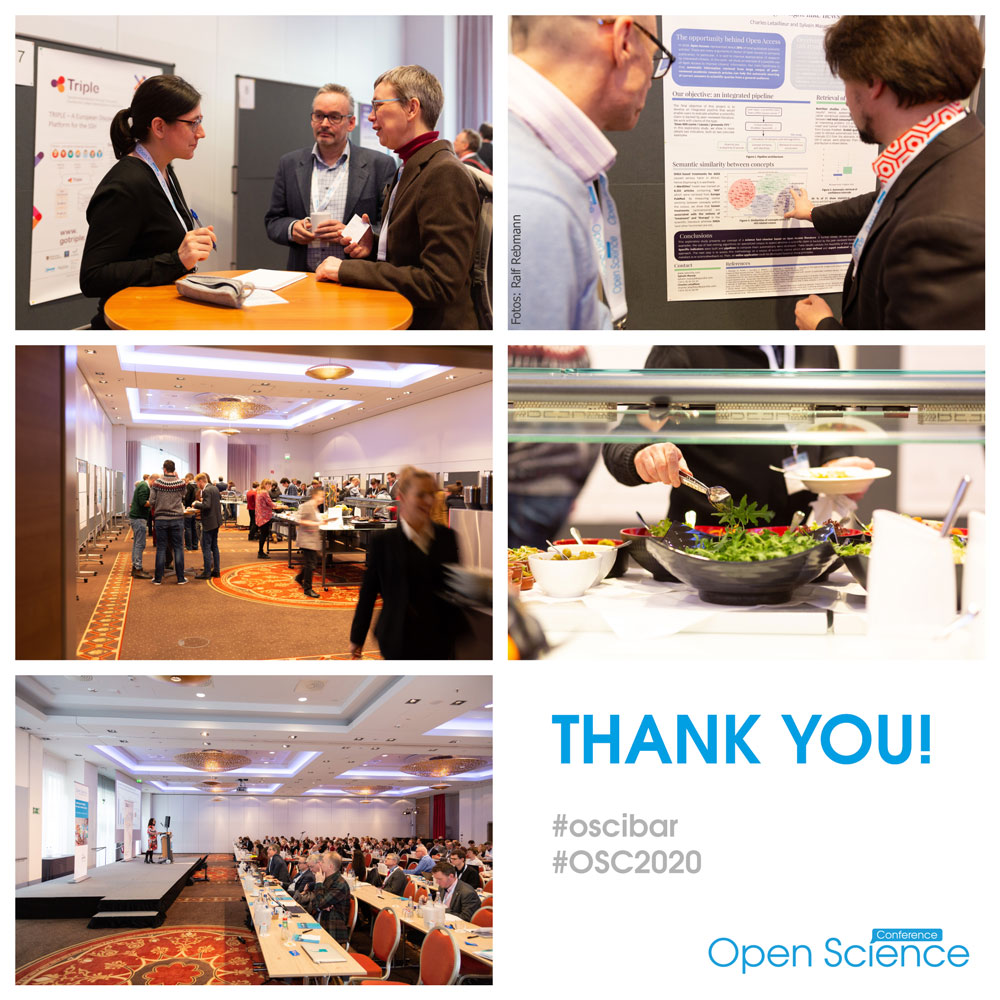
Johanna Havemann (Access 2 Perspectives & AfricArXiv, Germany)
Dr Anne-Floor Scholvinck (Rathenau Instituut)
Daniel Spichtinger (Ludwig-Boltzmann Gesellschaft)
Dr August Wierling (Western Norway University of Applied Sciences, Norway)
Dr Tony Ross-Hellauer (Know-Center)
Photos: Tobias Rebmann
View Comments
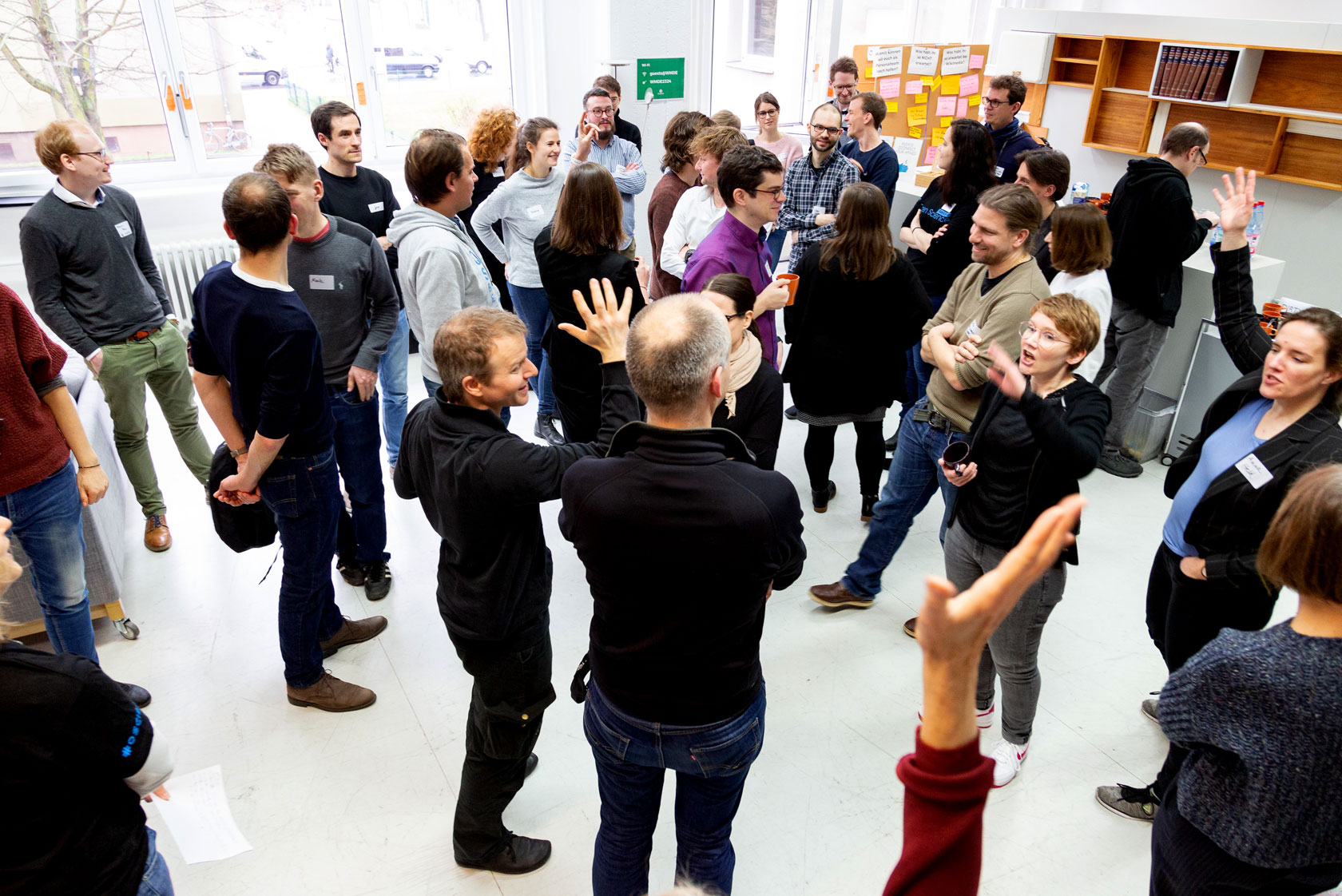
Barcamp Open Science: Learning to Make a Difference
“Go to Berlin, visit the Barcamp Open Science. This will be a nice introduction to...

